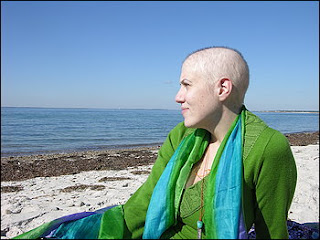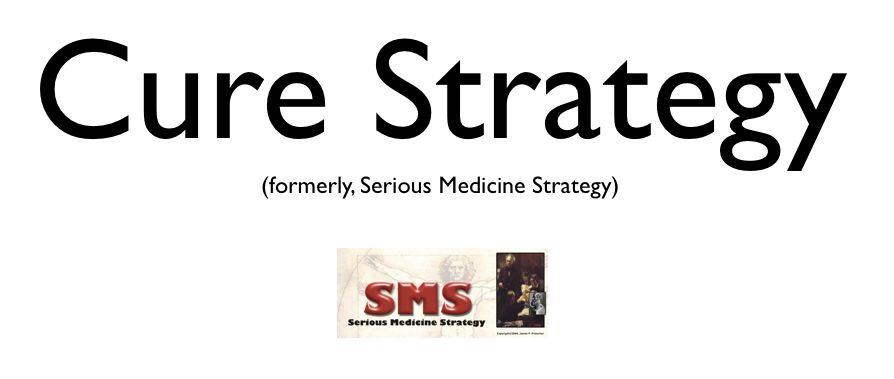
Ibby Caputo is a young cancer victim who tells her heartwarming story in Tuesday's Washington Post:
When I tell the story of my illness, I often tell it in terms of miracles. In 2007, at age 26, I was given a diagnosis of acute myelogenous leukemia and told that without treatment I would live six more weeks. The disease proved resistant to chemotherapy, but a transplant of blood stem cells was successful. A miracle. Six weeks after the transplant, I came down with viral meningitis, and though it left me skeletal and barely able to walk for a while, it did not kill me. A miracle.
But perhaps the greatest miracle of all was that shortly before I found out I was sick, I had moved to Cape Cod, Mass., to intern at a radio station and work as a coffee shop barista. I had no medical insurance when I received my diagnosis, but miraculously the state's watershed universal health-care law had recently gone into effect. And since I was not making much money, I qualified for the state's public option.
Those two grafs are worth pondering. In Caputo's reckoning, "the greatest miracle" was that she lived in Massachusetts, so she got nearly a million dollars' worth of health care, thanks to Massachusetts' universal care plan. And the Washington Post, giving her story big play, obviously thinks that her story, and her perspective on medical policy, is one that needs to be heard right now.
Caputo is entitled to her opinion, of course, and her opinion merits respect, given what she has been through. But it would seem to me that it's at least as great a miracle that the treatments she needed were available to her--available to her because they had been invented and were available to be used.
So it's an interesting debate: Which matters more: coverage for the treatment, or the treatment itself? Insurance is great, but surely insurance absent a cure is not so great.
There's no obvious answer to the question of which is more important, access to coverage, or access to a cure. So let's just say that Ibby Caputo benefited from two miracles, one financial, and one medical.
And let's hope that we can find a way for every American to benefit from both kinds of miracles.
Let's further hope that nothing in the current "health insurance reform" bill, as President Obama likes to call it, will make the search for cures worse. Although I worry that it's already too late, that the effort to economize on healthcare insurance is going to make it more likely that people will get coverage, and less likely that they will get the benefit of costly new cures.


Good one, Jim. You don't bring out the main untold point, that in any other medical and economic system, the cure would not have been even invented. Like the double miracle Ibby Caputo has enjoyed, what drives medical and pharmaceutical advance is also twofold: Access to very large amounts of money to pursue research and development of new treatments, and the ability to derive profit from the sales of the results of that research, so those large sums are available. Without the latter, the former would not appear, which, in my opinion, is why almost all medical advances happen in the US.
ReplyDeleteI agree with your concern, that any new heathcare system will have no room for the profits, and without the profit, there will be neither the funds for the next advance, nor the incentive to reinvest those funds in it.
This is one reason why "cost containment" is such a scary word in healthcare.